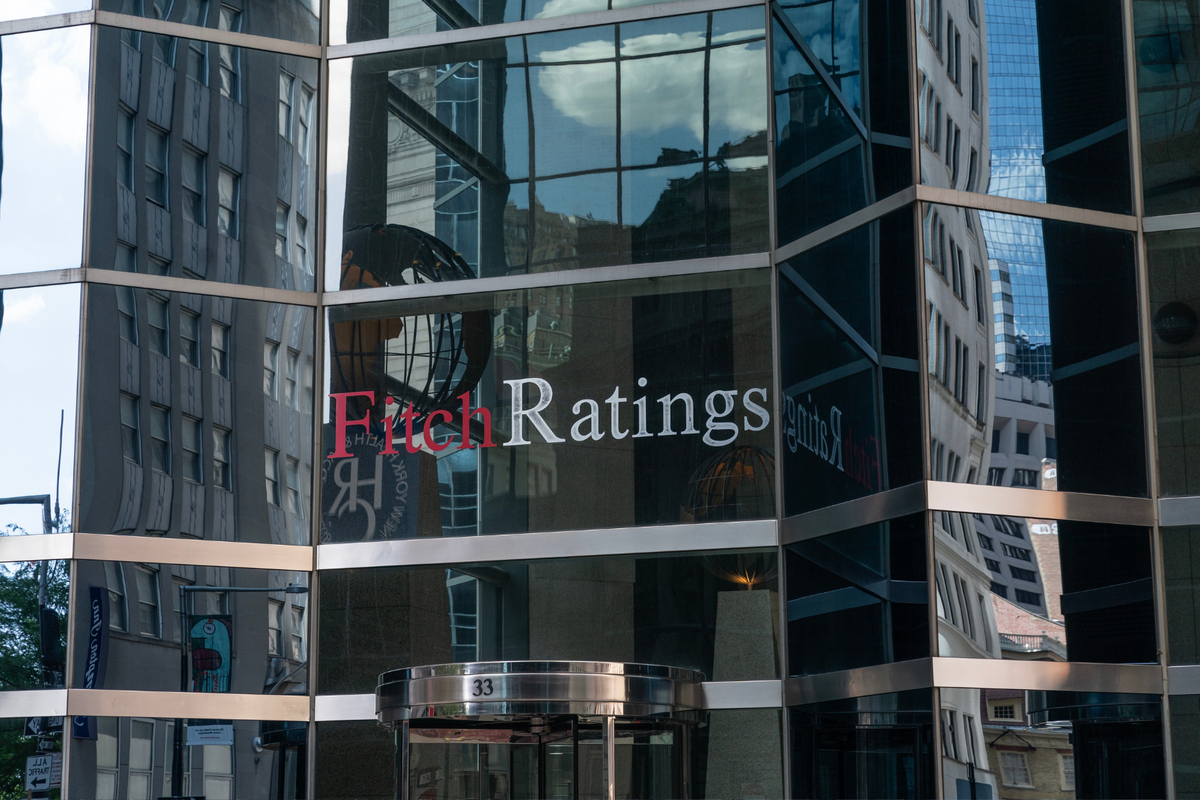Rao Aamir

Fitch Ratings has upgraded Pakistan’s Long-Term Foreign-Currency Issuer Default Rating (IDR) to CCC+ from CCC following the country’s agreement with the International Monetary Fund (IMF) for a new $7 billion loan program.
The ratings provided by agencies such as Fitch indicate a country’s ability to fulfill its debt obligations. These ratings range from AAA — which means the default risk is the lowest — to D, which means the institution or country has already defaulted.
Pakistan had been downgraded to CCC+ from B- in October 2022 and then further to CCC- in February 2023 amid the worsening economic situation. However, it was upgraded to CCC in July 2023 after it secured a Standby Agreement with the IMF.
Fitch stated that key drivers for the latest upgrade include reduced uncertainty in external funding risks and strong performance on previous IMF arrangements.
Pakistan’s current account deficit is expected to remain contained at $4 billion in FY25 due to tight financing conditions and subdued domestic demand. However, the country faces over $22 billion in external public debt maturities in FY25.
The IMF program has opened new funding avenues, with Pakistan needing to secure new funding assurances from bilateral partners, including Saudi Arabia, the UAE, and China.
Reforms in the tax system and energy sector, along with a commitment to exchange rate flexibility and improvements in the monetary policy framework, are also highlighted. Fitch expects Pakistan’s foreign exchange reserves to rise to nearly $22 billion by FY26.
Despite these positive developments, political risks remain, particularly due to the close outcome of the February elections, which resulted in a weaker mandate for Prime Minister Shehbaz Sharif’s party.
Historical implementation risks of IMF programs and high, stable debt levels also pose challenges. Pakistan has an ESG Relevance Score of ‘5’ for political stability and rights, reflecting its ranking at the 22nd percentile in the World Bank Governance Indicators, according to Fitch’s report.










Comments
See what people are discussing